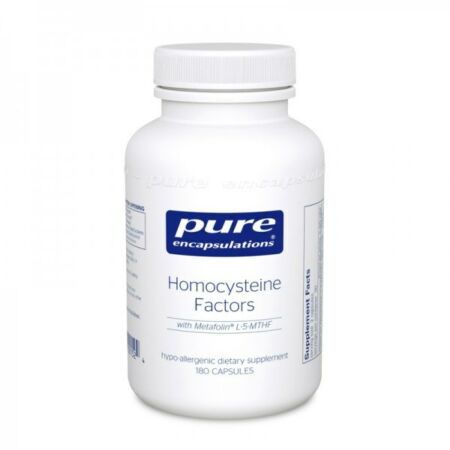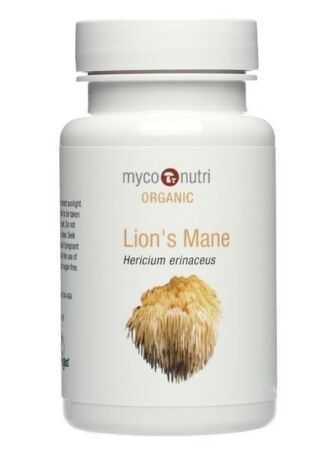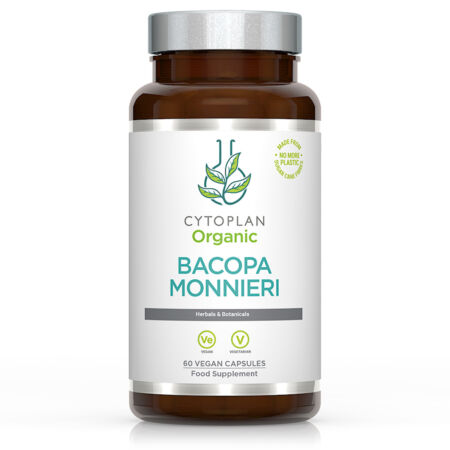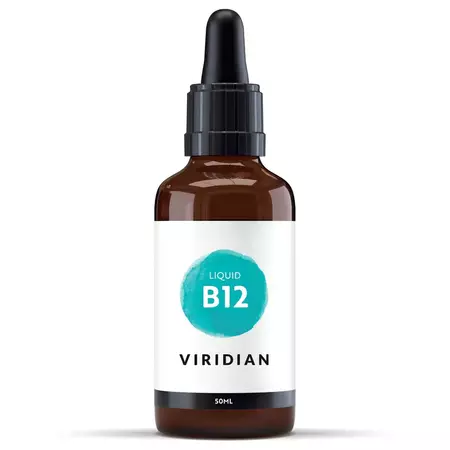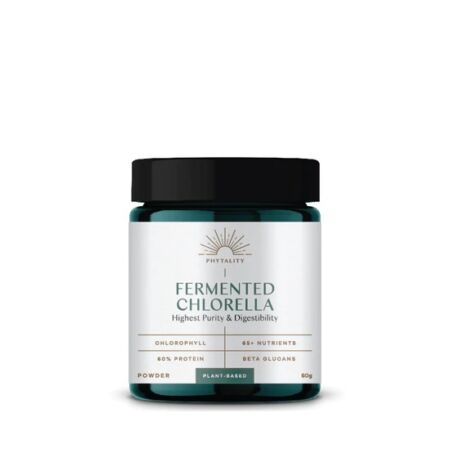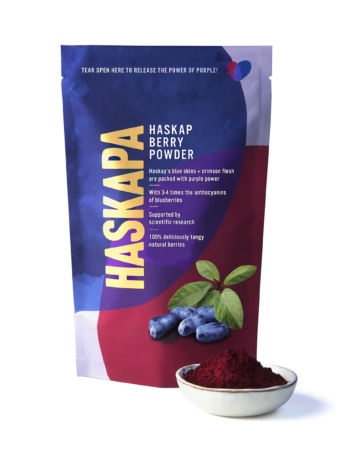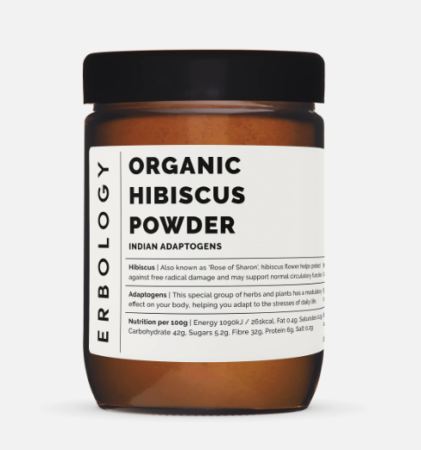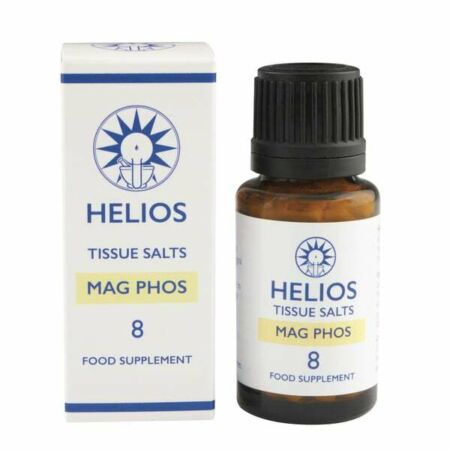Neurodegenerative disease is an umbrella term for a range of conditions which mainly affect the nerve cells (neurons) in the central nervous system. There are measures in dietary intake and lifestyle that may prevent or manage these diseases
What is meant by 'neurodegenerative disease'?
Neurodegenerative disease is an umbrella term for a range of conditions which mainly affect the nerve cells (neurons) in the central nervous system, including the brain. Neurons are the building blocks of the nervous system which includes the brain and spinal cord. Adopting a nutritional approach for ameliorating symptoms of these disorders can prove beneficial for some, and personalised nutrition strategies have been suggested as preventative tools.
Which conditions are classed as neurodegenerative disease
It is rare that neurons reproduce when they become damaged or die, thus they cannot be replaced by the body. Examples of neurodegenerative diseases include Parkinson’s, Alzheimer’s (a type of Dementia), and Huntington’s disease.
Neurodegenerative diseases are deemed incurable and debilitating conditions which result in progressive degeneration and sometimes death of nerve cells. This causes problems with movement (called ataxias), or mental functioning (named dementias).
Dementias are responsible for the greatest burden of neurodegenerative diseases, with Alzheimer’s representing approximately 60-70% of dementia cases.
Neurodegenerative diseases examples include:
Alzheimer’s disease (AD) and other dementias
Parkinson’s disease (PD) and PD-related disorders
Motor neurone diseases (MND)
Huntington’s disease (HD)
Spinocerebellar ataxia (SCA)
Spinal muscular atrophy (SMA)
Alzheimer’s disease (AD) and other dementias:
Alzheimer’s disease refers to damaged nerve cells in the brain. In the early stages, symptoms may not be apparent. Short-term memory loss is often the first sign of the disease. Over time, as more neurons are damaged, Alzheimer’s disease results in problems with judgment, language, and thought processes. Eventually, it usually affects a person’s ability to function and care for themselves. A diagnosis of Alzheimer’s disease can be very upsetting for the person who receives the diagnosis and for their loved ones.
Alzheimer’s can be associated with:
- vascular dementia
- dementia with Lewy bodies
- mixed dementia
- dementia caused by Parkinson’s disease
- dementia caused by Huntington’s disease
Alzheimer’s disease seems to progress more quickly in women than it does in men. Research suggests that women often receive a diagnosis at later stages
It is said brain health and heart health are closely linked, as inflammation in one part of the body can lead to inflammation in other areas. In Alzheimer’s disease, there exists a build-up of inflammatory proteins in the brain. Many chronic conditions including diabetes and heart disease are also shown to involve inflammation.
There are measures in terms of dietary intake and lifestyle that may prevent or manage heart disease, metabolic syndrome, and diabetes and may play a role in preventing or managing Alzheimer’s disease. Recommendations include:
- eating an anti-inflammatory diet, such as the Mediterranean diet (mainly whole foods, fresh vegetables, meat and olive oil)
- regular monitoring of blood pressure and treatment with dietary changes, activity, and medications, as needed
- quitting smoking if you smoke
- regular physical activity
- managing cholesterol levels with dietary changes and medications, as needed
- monitoring blood sugar levels and managing prediabetes or diabetes with dietary changes, physical activity, and medications, as needed
Heart disease may also be a cause of vascular dementia, which results from narrowed blood vessels in the brain. This leads to a decrease in oxygen to brain tissues. Antioxidants protect against oxidative stress, which is an imbalance of antioxidants and unstable compounds called free radicals. For more information and recommendations please see our article on Alzheimer's.
Parkinson’s disease (PD) and PD-related disorders:
Symptoms vary from person to person but commonly include muscle spasms, tremors, and muscle soreness. The causes and triggers that activate Parkinson’s are still being studied [i].
Because this condition is closely connected to a lack of dopamine cells in your body, researchers are looking for ways to increase dopamine naturally through diet [ii] [iii].
Antioxidants protect against oxidative stress, which is an imbalance of antioxidants and unstable compounds called free radicals, this occurs in Parkinson’s disease [iv]
The following foods contain high amounts of antioxidants[v]:
- Berries: blueberries, blackberries, goji berries, cranberries, and elderberries
- Nightshade vegetables: tomatoes, peppers, and eggplant
- Leafy green vegetables: spinach and kale
- Nuts: walnuts, Brazil nuts, pecans, and pistachios
For more supplement recommendations, please keep reading as per recommendations for Motor neurone diseases below. Also, see our article on Parkinson's
Motor neurone diseases (MND):
Motor neurone disease (MND) is an uncommon condition that affects the brain and nerves. It causes weakness that gets worse over time. There's no cure for MND, but there are treatments to help reduce the impact it has on a person's daily life. Some people live with the condition for many years.
In the medical profession, a diet rich in carbohydrates and calories may be used in order to reduce serious adverse events suffered by patients, including death from respiratory failure. This is due to weight loss being a common symptom of motor neurone disease, also known as Amylotrophic Lateral Sclerosis (AML). Such diets are usually monitored by a dietician.
Supplement suggestions for neurodegenerative diseases
Please be aware of the method of delivery as some tablets and capsule may have choking hazards in some individuals.
Vitamin E: is said to reduce free radicals which cause neuron cell damage, a possible cause for MND. It has been suggested that Vitamin E is neuroprotective and reduces the chance of developing the disorder.
B Vitamins (Folic Acid, B6, B12): Individuals with MND have elevated levels of homocysteine, which is involved in the formation of free radicals and oxidative stress.
Creatine: It is suggested that creatine, a nitrogenous organic acid that takes part in cellular energy production, has neuroprotective properties.
Coenzyme Q10: is important in cellular energy production. It is an antioxidant which reduces free radical oxidation damage in cells.
Other potential supplements with antioxidant properties include:
Huntington’s disease:
There are two types of Huntington’s disease: adult-onset and early onset. A defect in a single gene causes Huntington’s disease.
Physical therapy can help improve your coordination, balance, and flexibility. With this training, your mobility is improved, and falls may be prevented. Psychotherapy can help you work through emotional and mental problems. It can also help you develop coping skills.
Malnutrition and reduced dietary intake can further decrease energy levels and can result in increased muscle wastage. Please be aware there may be issues with swallowing in Huntington’s disease patients. Dry and fibrous foods are among those which may be difficult to swallow. The diet should be nutrient and calorie-dense to support energy levels and maintain a healthy weight.
Spinocerebellar ataxias (SCAs):
Spinocerebellar ataxias (SCAs) are a group of hereditary ataxias that often don't begin until adulthood, occasionally, some types of SCA begin in childhood. The symptoms vary depending on the type of SCA
Sound nutrition is required to support healthy body weight and normal bodily functions. It is important to achieve an appropriate body weight for improved movement ability and lower stress on joints.
• Increased energy and less fatigue.
• High fibre that may add better regularity to bowel movements.
• Improved mood and spirit.
Ataxia patients may sometimes benefit by avoiding simple carbohydrates. What this means is to eliminate foods sweetened with high fructose corn syrup, sugar, and artificial sweeteners; no or very small amounts of biscuits, cakes, pastries, white flour, and fruit juice. For antioxidant support please see Motor neurone diseases above.
Spinal muscular atrophy (SMA)
Spinal muscular atrophy (SMA) is a genetic condition that makes the muscles weaker and causes problems with movement. It's a serious condition that gets worse over time, but there are treatments to help manage the symptoms.
Individuals with SMA are more likely to have less fibre and fluids in their diet. To prevent constipation, individuals with SMA should consume foods naturally high in fibre and drink plenty of fluids. For antioxidant support please see Motor neurone diseases above.
See more articles on dementia, Parkinson's and neurodegenerative diseases here



